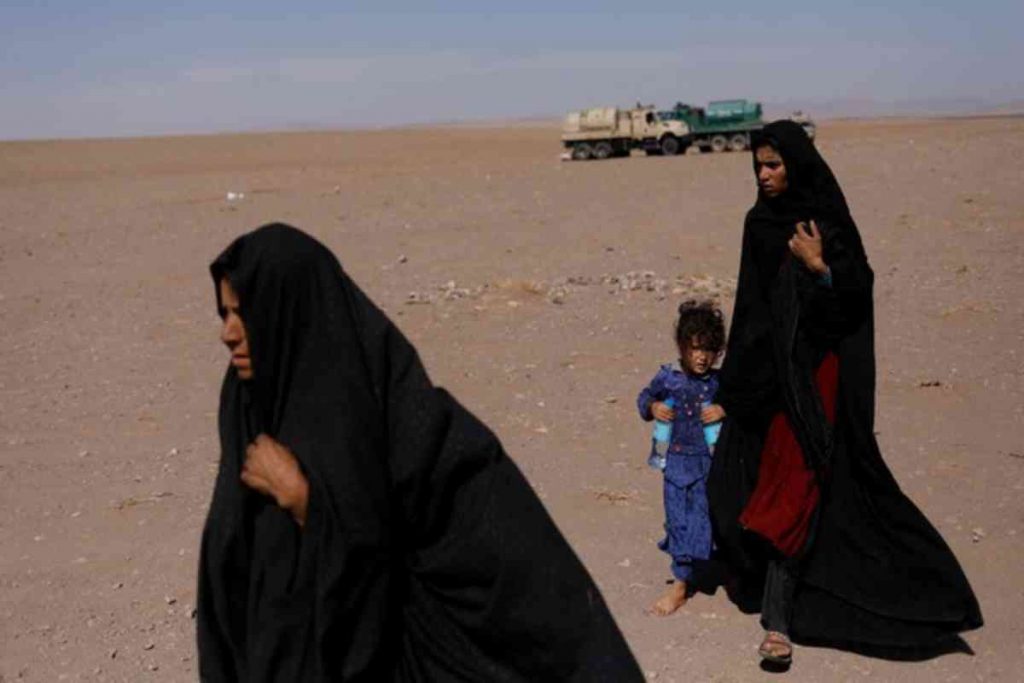United Nations Chief Antonio Guterres expressed deep concern over the situation in Afghanistan, likening it to some of the most egregious systems of oppression in recent history.
Sharing a post on X, Guterres said, “What is happening in Afghanistan can be compared with some of the most egregious systems of oppression in recent history.”
He added, “I join all countries and organisations demanding that the de facto authorities remove all discriminatory restrictions against women and girls immediately.”
Last month, the Taliban announced that a new law on the “Propagation of Virtue and the Prevention of Vice,” will be in force in the country.
Issued on August 21 by Afghanistan’s Ministry for Promoting Virtue and Preventing Vice, the new law orders women to cover their bodies and faces entirely and not speak or sing loud enough for non-family members to hear them.
The document of the law published in the official gazette imposes its interpretation of the Islamic Sharia law.
Women’s voices, it says, are now considered as ‘awrah’, or intimate parts, and may only be experienced in cases of necessity. The orders related to hijab are described, and it is said that it is essential to cover the whole body of the woman and it is necessary to cover the face due to the fear of temptation.
In addition, the law states that the ombudsmen are responsible to prevent the drivers from playing music, using drugs, transporting women without hijab, providing a place for women to sit and mingle with men who are not mahrams, and from being wise and mature.
“It is haram for unrelated men to look at the bodies or faces of unrelated women, and it is haram for unrelated women to look at unrelated men,” the law ratified by Taliban leader Hibatullah Akhundzada states.
Punishment for these “crimes” will be carried out by the Taliban’s Muhtaseebs or morality police who have the authority to detain individuals for up to three days.
Notably, the Taliban have attempted to partially defend their new laws by claiming they are intended to safeguard women. The regime has recently begun tightening down on men, with morality police visiting mosques and inspecting for those who haven’t grown beards.
Long before the Taliban came to power, Afghanistan granted women the right to vote in 1919, a year before the United States. It opened its first schools for girls in 1921, according to The Washington Post.
